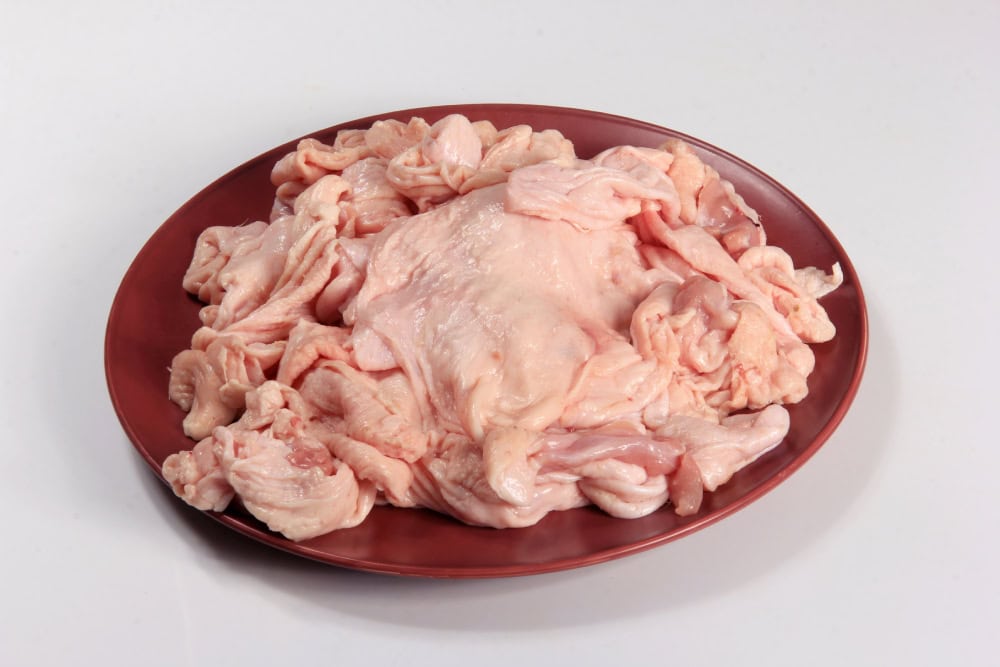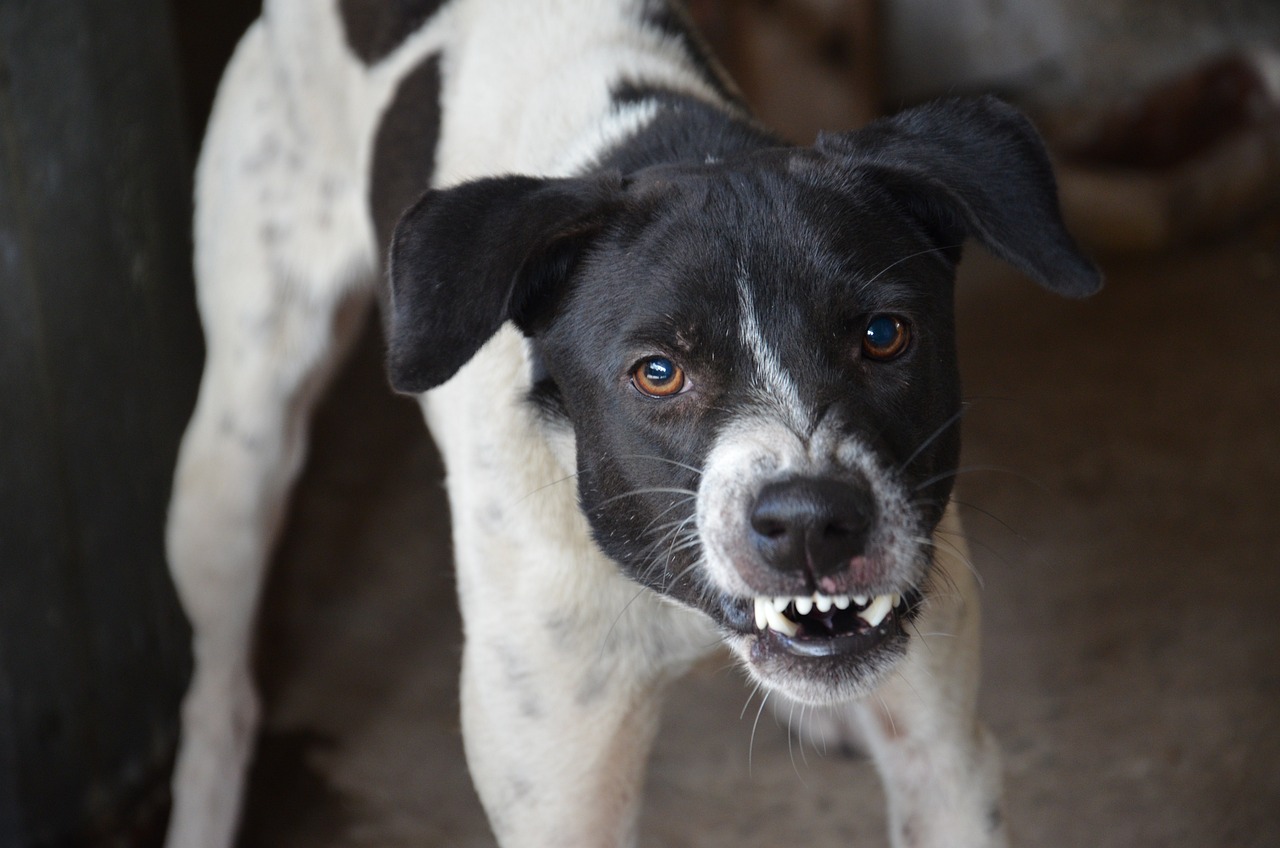
The information is current and up-to-date in accordance with the latest veterinarian research.
Learn more »
If your cat likes to clean your plate after meals, part of your job as a responsible pet owner is to ensure they don’t eat any toxic or unhealthy food scraps. Chicken is one of the most common proteins in commercial pet diets, so you might think it’s okay to let your cat eat your leftovers, but not all parts of the bird are created equal. Generally, cats shouldn’t eat chicken skin because it’s unhealthy and sometimes contains toxic ingredients.
In this article, you’ll learn why it’s not a good idea for your cat to eat chicken skin. We’ll also answer some common questions about feeding your cat chicken and give tips for maintaining a healthy diet.
The Trouble with Chicken Skin
If you eat chicken, you can understand why your cat would probably love to snack on the skin. It’s frequently one of the tastiest parts of the bird. However, a lot of that flavor comes from the high-fat content of chicken skin.
A 100-gram portion of chicken skin contains around 40 grams of fat. While cats need a certain amount of fat to stay healthy, eating excessively fatty foods can upset their stomach, causing vomiting and diarrhea. While their usual diet should contain healthy amounts of fat, adding too much fatty food to their diet can also lead to weight gain over time. Obesity is a common problem in cats and can lead to diabetes, joint disease and urinary problems.
Some types of chicken skin, such as rotisserie or fried, can contain toxic ingredients in addition to all the fat. Garlic and onion powder are frequently in fried chicken breading and rotisserie spice blends. All forms of garlic and onion are toxic to cats and may cause a dangerous decrease in red blood cells.
Image Credit: kariphoto, Shutterstock
Frequently Asked Questions (FAQ)
Can Cats Eat Raw Chicken Skin?
No, cats shouldn’t eat raw chicken skin. While it doesn’t contain any toxic ingredients, raw chicken skin is still high in fat. In addition, raw meat may contain dangerous bacteria such as E. coli or salmonella. Cats that eat raw chicken skin can get sick or pass the bacteria on to other pets or humans.
Can Cats Eat Any Parts of the Chicken?
Plain, cooked, skinless chicken meat can be a safe treat for most cats. Make sure you remove all bones from the chicken before feeding it to your cat. Also, avoid feeding your cat chicken if they are suspected of having allergies or sensitivities to chicken.
Image Credit: stephyleyva, Shutterstock
What Other Human Foods Can Cats Eat?
Here are some other safe foods you can offer your cat as a treat:
Cooked fish
Cooked eggs
Whole grains, such as oats
Vegetables, such as cucumber or green beans
Fruits, such as cantaloupe or blueberries
What Other Foods Should Cats Not Eat?
In addition to chicken skin, onions, and garlic, avoid feeding your cat the following human foods:
Chocolate
Raw yeast dough
Alcohol
Macadamia nuts
Grapes and raisins
What Is a Healthy Diet for My Cat?
To stay healthy, your cat should eat a nutritionally balanced diet formulated for cats. Commercial cat foods sold in the United States are required to contain all the nutrients your cat needs. Choose a food appropriate for your cat’s life stage, whether a kitten, adult, or senior kitty.
Your vet can help you learn to decipher nutrition labels, look past the advertising, and find the best food for your cat. They can also help you calculate how many calories your kitty should eat daily.
Image Credit: Jaromir Chalabala, Shutterstock
Conclusion
Chicken skin is not a healthy snack for your cat and sometimes contains toxic ingredients. However, chicken meat that you prepare and cook at home is an excellent alternative. If you want to share chicken with your cat, serve plain, skinless meat in small portions. Before introducing new food to your cat, check with your veterinarian, especially if your kitty has any medical conditions.
Featured Image Credit: SHARKY PHOTOGRAPHY, Shutterstock






